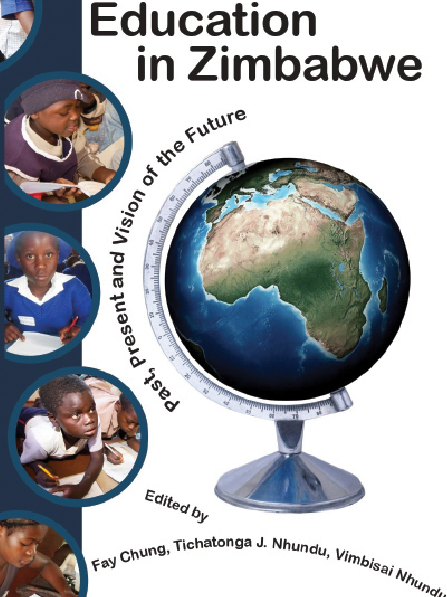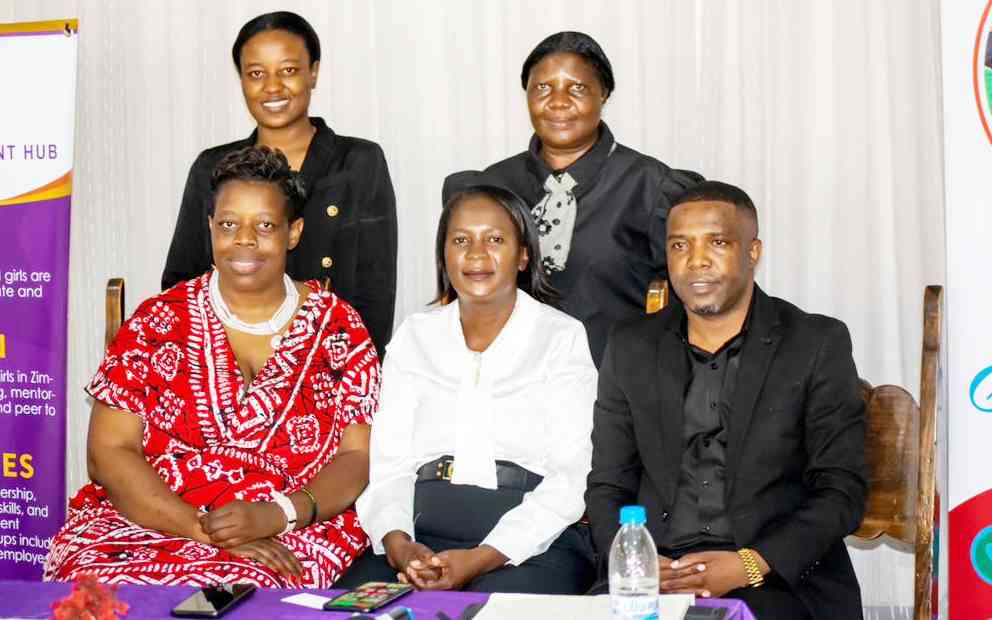
IN an era dominated by digital media and entertainment, the timeless art form of theatre faces a unique challenge in captivating the hearts and minds of the younger generation.
As expressed by Umkhathi Theatre Works founder Matesu Dube, while the future of theatre in urban landscapes holds promise, there exists a poignant disconnect between the allure of digital platforms and the rich, immersive experience that live theatre offers.
Dube expressed these sentiments during the World Day of Theatre for Children and Young People commemorated on March 20, which is an annual celebration supported by Assitej International, a global network that advocates for theatre and performing arts, specifically tailored for young audiences in more than 75 countries.
Despite the presence of theatre programs in schools, the gravitational pull towards digital mediums, particularly television, often diverts aspiring talents away from the traditional stage. In light of this trend, there emerges an imperative for concerted efforts to reignite the passion for theatre among young individuals and cultivate a new generation of theatre enthusiasts.
“The future of theatre in the city (Bulawayo) does look good even though some children are studying theatre at school they opt to go digital and do acts for television. We need to work hard to convince young people to join theatre arts. Theatre arts contribute to the cultural landscape of Bulawayo and Zimbabwe by providing entertainment to the masses.
“It also acts as a reflection of what is happening in society. Theatre is the custodian of our history, we have seen theatre plays based on historical figures such as King Lobengula who are important to the country’s history,” Dube told Standard Style.
Dube said they faced a challenge in obtaining the necessary support to meet production expenses.
“In Bulawayo we lack support to cover production costs. Our theatre isn’t growing because of lack of funding to invest in costumes, props, set design, light and sound to take our shows to another level.
- Bayethe Nkosi to preserve Zim heritage
- Play gets standing ovation
- Umkhathi celebrates 25 years in theatre
- Umkhathi Theatre works on new production
Keep Reading
“Despite the challenges, we have managed to engage with young aspiring artists in Bulawayo to nurture talent and promote theatre. For example, we do theatre shows in schools so that we catch them young. We try by all means that we do children’s theatre so as to attract the children. We also offer dance and drama training to schools,” he added.
Asked how they engaged with local artists and communities to enhance the theatrical experience in Bulawayo, Dube said they had worked alongside numerous artists.
“As Umkhathi Theatre we have collaborated with many artists in the city that include Iyasa and Hloseni to produce shows. We have worked with communities in awareness projects.”
In addition, Dube said they were working on upcoming projects. Among them is a dance theatre show, Ubuntu reflects the unique artistic identity of Bulawayo as it uses Ndebele and Kalanga dances to show how people of different tribes lived harmoniously during ancient times.
“The show will use one of the oldest art forms, storytelling, to show the concept of Ubuntu United people of different times.”
As part of the World Day of Theatre for Children and Young People, the award winning group on Wednesday staged an exciting production — “Zaza and Zozo” at Helemu Primary School in Njube, Bulawayo.











